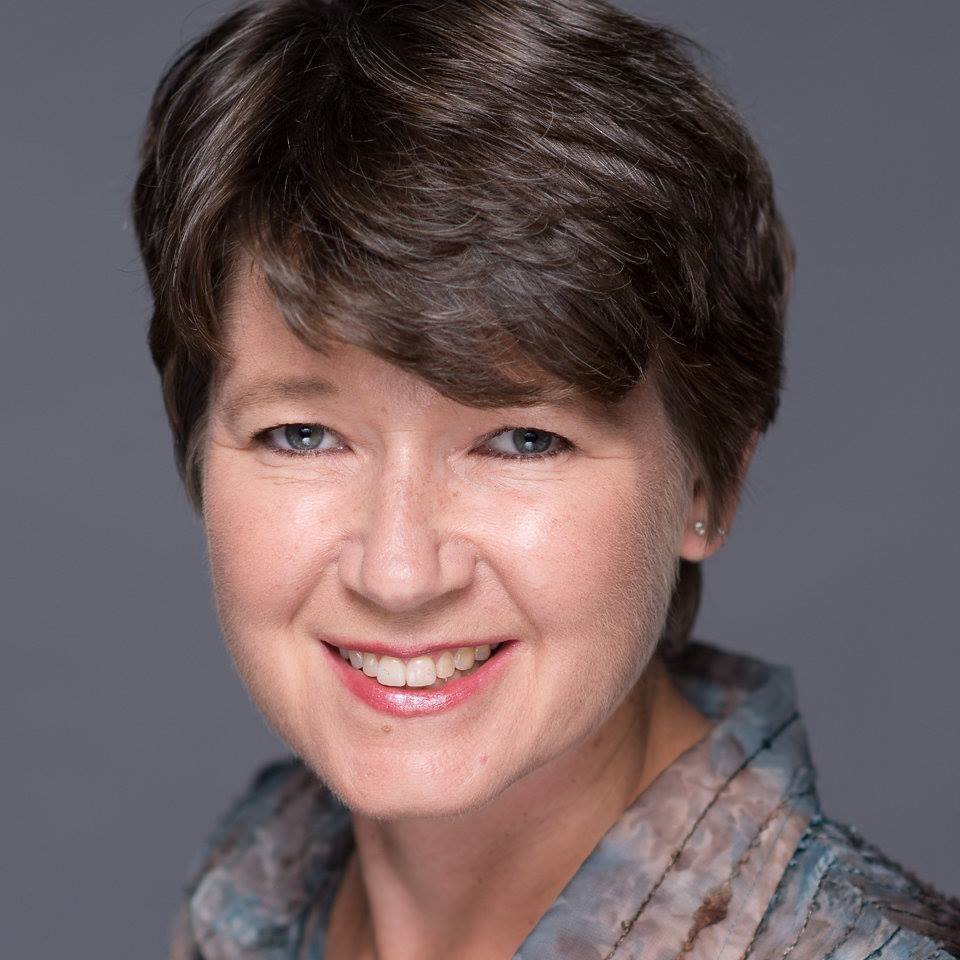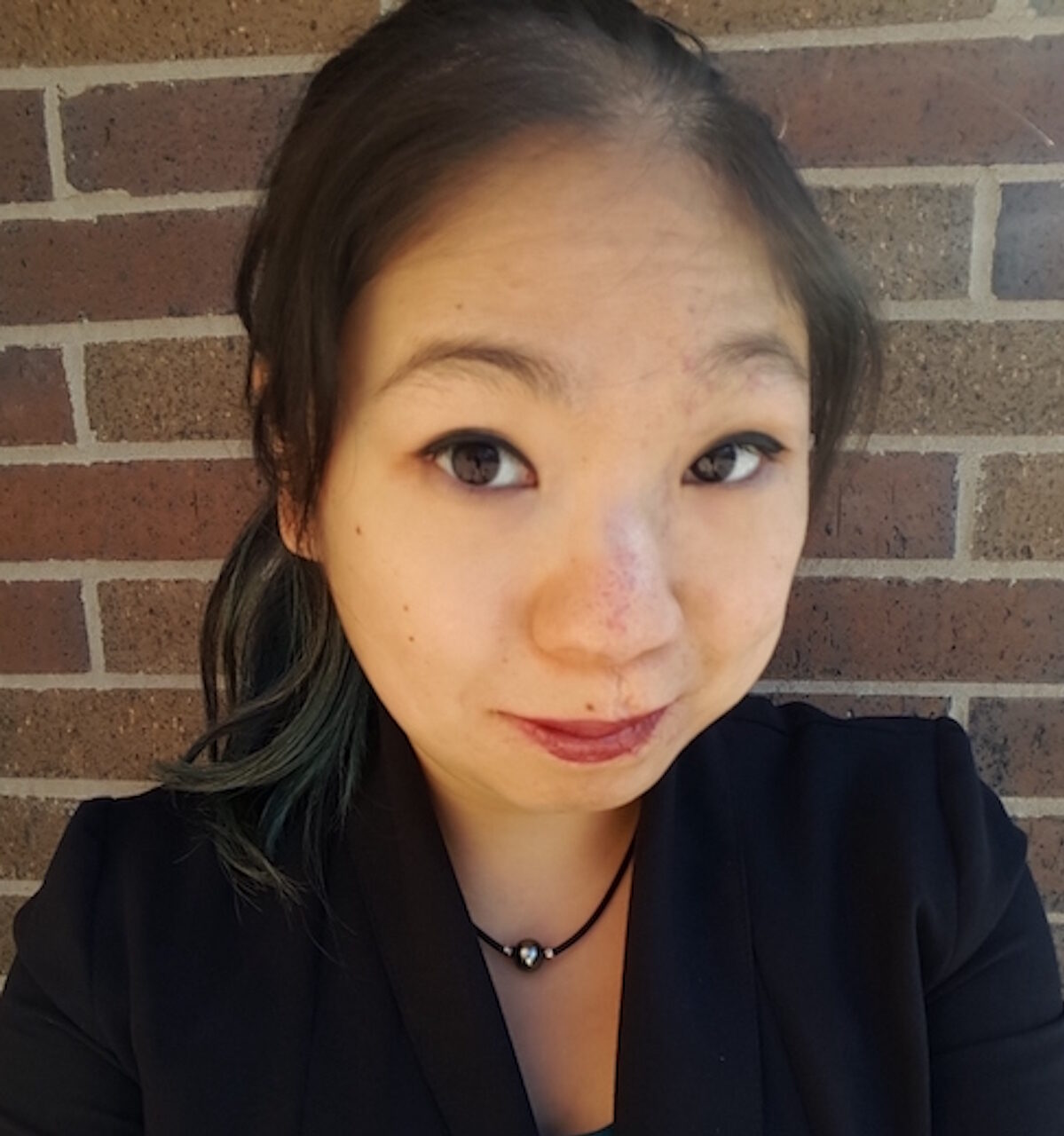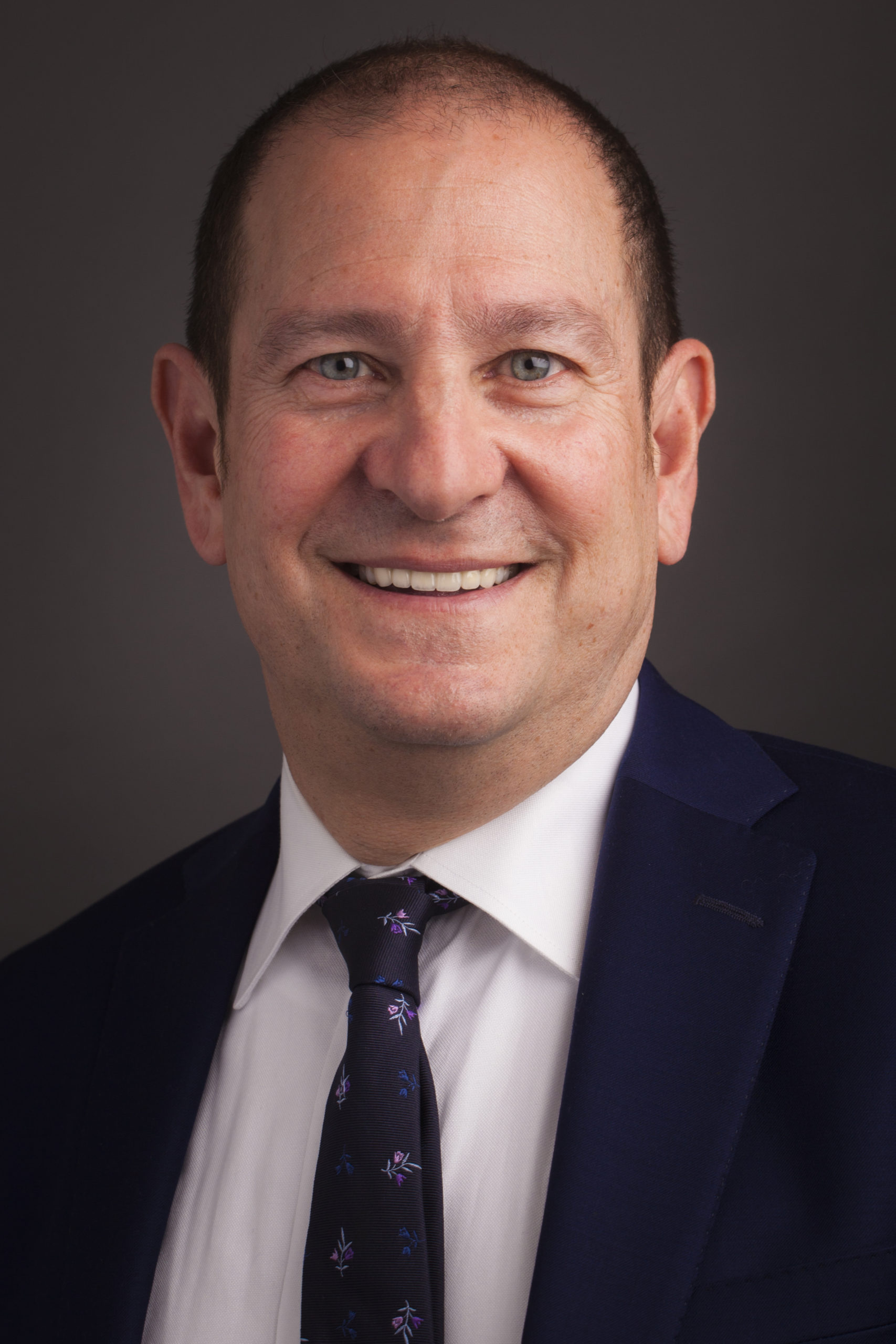Top notch instruction from industry thought leaders.
Tap into the minds of leading academics, judges, senior practitioners and industry experts—each a leader in their respective specialization. Learn more about the diverse range of scholars for this program.
View ProgramPrivacy and Cybersecurity Law Faculty
P. Bradley Limpert
P. Bradley Limpert is a lawyer at Limpert & Associates in Toronto. Bradley specializes in technology law, principally in the areas of litigation and commercialization. He has advised clients on over 500 licensing transactions and in over 200 financing mergers and acquisitions transactions. For a full bio click here.

Andrea Slane is Professor and Associate Dean, Research and Graduate Programs at Ontario Tech University in Oshawa. Andrea’s research interests include information law, intellectual property law, privacy, and various forms of online wrongdoing. Andrea practiced trademark, copyright, privacy, and technology law at a large downtown law firm in Toronto before returning to academia in 2006. For a full bio click here.

Aviv Gaon is an Associate Professor at the Harry Radzyner Law School, Reichman University. He holds a Ph.D. from Osgoode Hall Law School, York University, and LL.B (Cum Laude) and LL.M from Reichman University. His work in the area of intellectual property and technology earned him the IP Osgoode David Vaver Medal for Excellence in IP Law in 2019. In 2019-2020, Prof. Gaon was a Post-Doc Fellow at the Munk School of Global Affairs and Public Policy at the University of Toronto.

Cynthia Khoo is a Senior Associate at the Center on Privacy & Technology at Georgetown Law in Washington, DC, where her current focus includes commercial data practices and their privacy and civil rights implications—particularly algorithmic discrimination—and the impact of worker surveillance on privacy and other human rights. She is also a Canadian technology and human rights lawyer (called to the bar in Ontario), and joined the Center following seven years of legal advocacy and research specializing in digital rights and Internet policy, with a variety of non-profit organizations and as part of her (now inactive) sole practice law firm, Tekhnos Law.
Cynthia has co-authored two landmark reports by the Citizen Lab (Munk School of Global Affairs & Public Policy, University of Toronto), where she remains affiliated as a research fellow: To Surveil and Predict: A Human Rights Analysis of Algorithmic Policing in Canada (2020) and Installing Fear: A Canadian Legal and Policy Analysis of Smartphone Spyware and Stalkerware Applications (2019). She was the sole author of a groundbreaking report by the Women’s Legal Education and Action Fund (LEAF), Deplatforming Misogyny: Report on Platform Liability for Technology-Facilitated Gender-Based Violence (2021). Her conference paper based on her LL.M. research—”Missing the Unintended Forest despite the Deliberately Planted Trees: Reasonable Foreseeability and Legal Recognition of Platform Algorithm-Facilitated Emergent Systemic Harm to Marginalized Communities”—received the inaugural Ian R. Kerr Robotnik Memorial Award for Best Paper by an Emerging Scholar at We Robot 2020.
Cynthia has been consulted by various levels of government and regulators in Canada and the United States as a result of her work; has given numerous public talks and guest seminars; and regularly appears in print and broadcast media. She holds a J.D. from the University of Victoria and LL.M. (Concentration in Law and Technology) from the University of Ottawa, where she worked as junior counsel at and represented the Samuelson-Glushko Canadian Internet Policy and Public Interest Clinic (CIPPIC) as an intervener in cases before the Supreme Court of Canada.

David is a partner of INQ Law and concentrates his practice on privacy, data protection, access to information and data governance. With more than 30 years of experience, David was a senior information and privacy regulator and has deep expertise in the application and enforcement of privacy and access laws.
Over his career, David has held the roles of assistant commissioner, director of legal services, and manager of adjudication with Ontario’s Information and Privacy Commissioner. He is an experienced litigator, and has appeared before the Divisional Court, the Ontario Court of Appeal and the Supreme Court of Canada. David has a history of strong constructive relationships with key access and privacy stakeholders, including Ontario government ministries and agencies, municipalities, school boards, police services, hospitals, and information and privacy regulators across and outside Canada.
David is the author of the only textbook on Ontario’s privacy and access laws, 2020-2021 Annotated Ontario Freedom of Information and Protection of Privacy Acts, published byThomson Reuters. David also teaches privacy law and administrative law at Osgoode Hall Law School and the University of Toronto’s Faculty of Law.
David is a recognized thought leader in privacy and access to information, and has been quoted by CBC, the Globe and Mail, the Toronto Star and IT World. He is also a sought-after public speaker and has given presentations at high-profile conferences and public events, including the Canadian Bar Association, the International Association of Privacy Professionals, and the U.S. Association of Corporate Counsel, and the Sedona Conference (e-Discovery).
Dr Elizabeth Kirley is a 2021-22 Visiting Scholar at the Nathanson Centre for Transnational Human Rights, Crime, and Security at Osgoode Hall Law School, York University. She is working on two invited book projects: Outsmarting the Next Pandemic: what COVID-19 can teach us (Routledge 2022) and Big Policing and Big Crime: is it all about the money? (University of Toronto Press 2022).
Dr Kirley is the recipient of the 2021 Excellence in Teaching Award for the Master of Laws program at Osgoode Professional Development where she has served as instructor in the Criminal Law & Procedure and Privacy & Cybersecurity programs since 2018. Current and future courses at OPD include Issues in Criminal Law: History, Evolution & Theoretical Approaches; Pandemic Law; Foundations of Digital Crime; Emerging Risks of Digital Crime; and Nonverbal Evidence in Court and Negotiations. Prior appointments include sessional teaching for Osgoode’s juris doctor program (Criminal Law, National Security Law, Crime in the Digital Age, and Law and Policing) as well as in the Sociology Department at York University (Organized Crime & Money Laundering; the Sociology of Policing). She has served as Senior Lecturer in the Faculty of Business and Law at Deakin University in Melbourne Australia and as Assistant Professor of Criminology at Ryerson University.
Dr Kirley is called to the Ontario bar and has served as criminal defence counsel as well as Assistant Crown Attorney and representative of the Office of the Children’s Lawyer for the Ontario Ministry of the Attorney General. She holds PhD and LLM degrees from Osgoode, and a JD from the University of Western Ontario. Her life before law involved broadcast journalism for the Canadian Broadcasting Corporation.
Dr Kirley’s PhD thesis, “Reputational Privacy and the Internet: a role for law?” has led to studies in social media law, cybercrime, and cognitive robotics related to global health, defamation, national security, and evidentiary challenges raised by the emerging law of digital speech. In a series of publications, co-authored with Dr Marilyn McMahon, Dr Kirley examines the humble emoji as a tool of crime, a precursor of digital speech, and a means of conveying human diversity through social media. She has received various distinctions for her work, including a Canada/France Foreign Government Award, European Union Centre of Excellence Award, the Oxford Internet Institute Summer Doctoral Program, the Osnabruck University Law & Culture Award, and two Nathanson Centre Graduate Fellowships at Osgoode Hall Law School. She has taught, conducted research, and presented her work at different universities including the American Graduate School of Paris; l’École des hautes études commerciales de Paris; Sciences-Po University (Paris), University of Toronto Munk School of Global Affairs; Quello School of Communications at Michigan State University; University of Limerick Faculty of Law, Ireland; Duquesne School of Law, Pennsylvania; the Instituto Universitario de Lisboa in Portugal ;and the Academy of Legal Studies in Business in Montreal. Her work is published in several peer reviewed journals.
Fida Hindi is Legal Counsel at the Office of the Information and Privacy Commissioner of Ontario (IPC). Fida provides the Commissioner with a broad range of legal services with an emphasis on issues relating to the Personal Health Information Protection Act. Prior to joining the IPC in 2016, Fida worked at Fasken Martineau DuMoulin LLP on matters relating to privacy, information management and general civil and commercial litigation.
Prof Giuseppina (Pina) D’Agostino is a law professor, lawyer, public speaker, board director and recognized international scholar at Osgoode Hall Law School, York University specializing in intellectual property (IP), technology and innovation law and policy. She joined Osgoode in 2006 and is regularly called by Canadian and foreign governments for advice, has testified before Parliament and is a widely published author, regularly serves as a consultant and is a cited authority at the Supreme Court of Canada and in various media. She serves as the Editor-in-Chief of the Intellectual Property Journal.
Prof D’Agostino brings her creativity and passion to trailblaze new initiatives and to serve in new roles as Founder and former Director of the globally-recognized IP Osgoode, the award-winning, IPilogue, the IP Intensive, the IP Innovation Clinic, the first legal clinic of its kind helping inventors and start-ups across Canada and, more recently, founded the AI-powered IP Innovation ChatBot allowing underrepresented groups and the general public greater access to IP information.
She began her legal career as an Associate in a large Toronto law firm and was later recruited into the Canadian Government by the Recruitment of Policy Leaders (RPL) as a Senior Policy Analyst working on copyright policy. She serves on the Board of Directors of Alectra Inc. and Chairs its GRE&T Centre Advisory Committee advancing innovation and sustainable energy solutions. She held an Order in Council Appointment at the McMichael Canadian Art Collection where she served as Trustee, and currently sits on its Art Advisory Committee.
Prof D’Agostino is Co-Chair of the York University AI & Society Task Force, is appointed to the City of Vaughan Smart City Task Force and is a Senior Fellow at the Centre for International Governance Innovation (CIGI). She spent her last sabbatical as a Visiting Scholar at Stanford University. Prof D’Agostino is the recipient of various tri-council grants, honours and awards and is currently working on the second edition of Copyright Law (with Prof David Vaver, Irwin Law). Her peer-reviewed articles and her three books Copyright, Contract, Creators: New Media, New Rules, The Common Law of Intellectual Property: Essays in Honour of Professor David Vaver and Leading Legal Disruption: Artificial Intelligence and a Toolkit for Lawyers and the Law (with A Gaon and C Piovesan) are widely available.
She holds a Masters and Doctorate in Law (University of Oxford) with distinction, an LLB (Osgoode Hall Law School), an HonBA, summa cum laude, in English and Political Science and a specialization in French (York University), is an ICD.D from the Rotman School of Management, University of Toronto and is a member of the Law Society of Ontario (2001 call).
Should you be interested in working with Prof D’Agostino on any of her research projects, please feel free to get in touch with her directly at gdagostino@osgoode.yorku.ca
Research Interests: Intellectual Property, data governance & ownership, Innovation law & policy, emerging technologies (ie Artificial Intelligence, IoT, robotics, 3D printing, Blockchain etc)
Vance Lockton is a Senior Technology Policy Advisor for the Office of the Privacy Commissioner of Canada (OPC). He has spent the majority of his career with Canada’s federal and provincial privacy regulators, and currently leads work on a range of technology-centric files including artificial intelligence, age assurance, and neurotechnology. He has led development of multiple national and international privacy resolutions, as well as the creation of a data governance framework for the Quayside smart city proposal for Waterfront Toronto. Vance holds Masters degrees in Computer Science and Public Policy.

